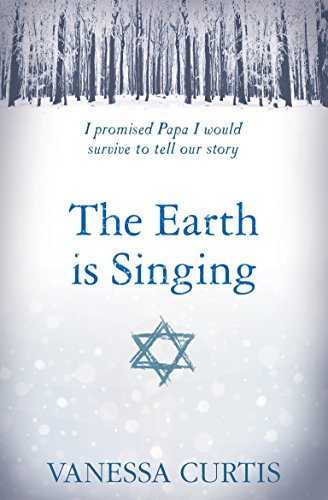The Earth is Singing
1940, Riga, Latvia. Fifteen-year-old Hanna Michelson is training to be a ballet dancer and she has a boyfriend, the handsome Uldis. Life was good – until the Russians invaded and took her father away for questioning. He hasn’t returned. Hanna, her mother and grandmother have lost their home and are living in a cramped flat and food is running short. Now the Germans are besieging the city. People are saying that the Nazis will save them from the Russians and things will get better. But Hanna is Jewish, and the Nazis have a different, far grimmer, fate in mind for Jews.
The first-person narrative from Hanna’s viewpoint allows readers to experience things through her eyes. We empathize with her delight in dancing, her loyalty to her family and her love for Uldis. But there is much she doesn’t know. As her world begins to shrink, enlightenment as to her probable fate slowly sinks in. Her readers have the benefit of hindsight, and the result is a gripping read as we long to know what will happen next but fear to turn the pages.
It is extraordinarily difficult to write about the Holocaust from so close a vantage point, but Vanessa Curtis does not fail her young readers. In my view, she’s pitched it perfectly. She does not fall into the trap of going for the pornography of brutality. Yes, the horrors are there; she tells us, truthfully, what happens but without rubbing our noses in it, and the emotional effect is all the stronger for her restraint. But what shines through is the triumph of the human spirit.
This book would be an excellent choice for girls of 11 plus who are studying the Holocaust, and there are some helpful questions to aid discussion at the end. Highly recommended.










